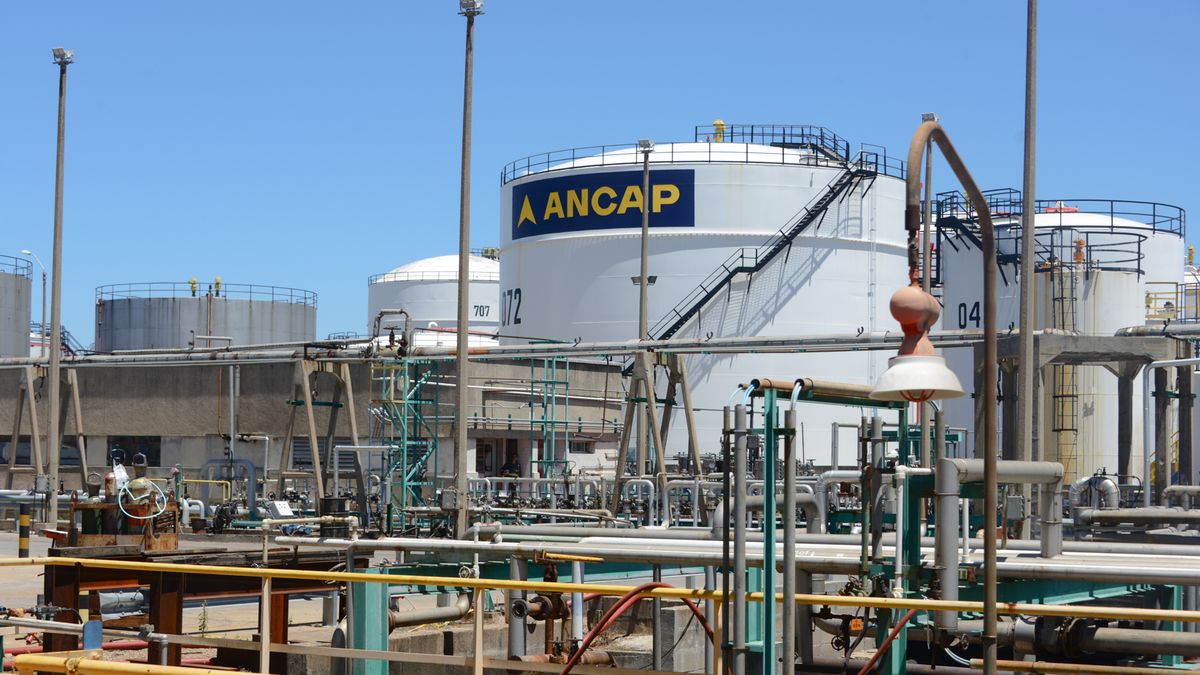The state company claims almost 30 million dollars for a rate that was declared unconstitutional in the middle of last year.
The Montevideo Municipality and the Uruguayan Fuel Distributor (Ducsa) of the National Administration of Fuel, Alcohol and Portland (Ancap) They did not reach an agreement this Wednesday during a conciliation hearing regarding the claim of almost 30 million dollars by the state company to the commune, which had been declared unconstitutional last year.
The content you want to access is exclusive to subscribers.
By mid-2023, the Supreme Court of Justice declared unconstitutional the claim of the Montevideo Municipality by the Flammable Rate. This ruling enabled Dusca to demand from the commune that the amounts paid for that tax be returned, which gives it a maximum retroactivity of four years.


This Wednesday, during a conciliation hearing between the main collateral group of Ancap and the Municipality of Montevideo, An agreement was not reached between the parties and the commune reported that it will continue with the recovery demand, as reported by El Observador from sources in the state company.
The origin
Ducsa In mid-June, he won the opportunity to carry out a historic lawsuit against the Municipality of Montevideo for 50 million dollars. The company owned by Ancap He maintained that the IM lacks constitutional power to create a tax. At the same time, Ducsa pointed out that, in each distribution situation, Ancap As a withholding agent, he withholds the amount corresponding to the contested municipal tax, paying it to the departmental government of Montevideo.
In that sense, the company considered that the flammable tax did not provide an effective divisible and measurable service on the part of the IM towards the taxpayers of said tax. Furthermore, it does not establish the destination of the money collected and It is not aimed at meeting the needs of the supposed safety control service for vehicles that transport flammable products.
On the demand, Ducsa He also insisted that the rate generates an important distinction and that it taxes the owners or senders of flammable products with 1% of the sale price, but “it does not tax” other subjects who transport and sell other similar products.
Source: Ambito




